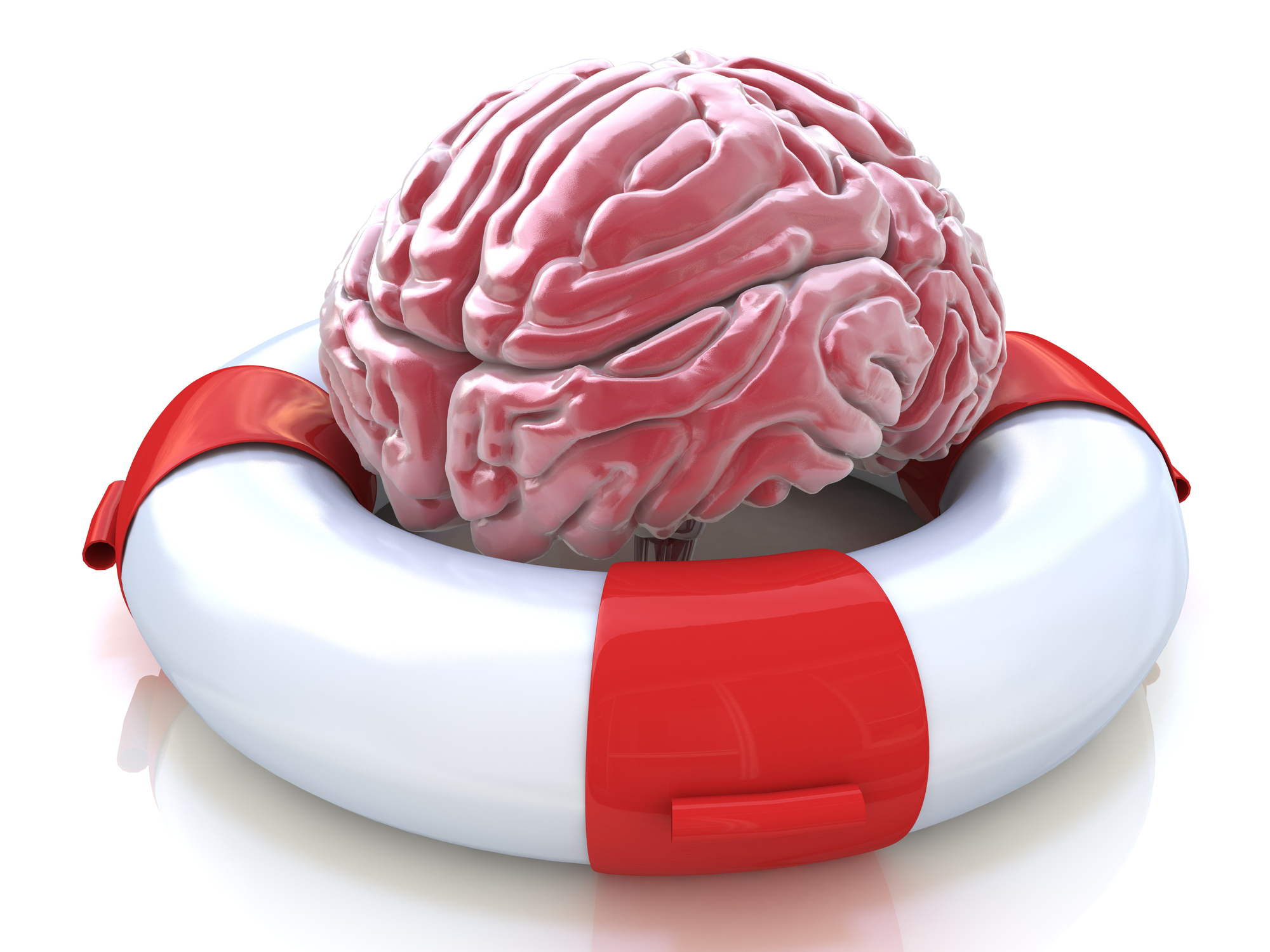The fear of losing one’s marbles is perhaps the greatest dread older adults have concerning aging and in response, research is constantly exploring the ways seniors can prevent cognitive decline. Brain games, learning a new skill, staying physically active, eating a healthy diet and remaining socially connected can all help older adults protect and improve their brain function. But what if doing nothing, simply taking a break from all stimulus, could also help adults store new information?
Research out of Heriot Watt University in Scotland supports the benefits of short periods of wakeful rest that could make a significant difference for people recovering from stroke or living with Alzheimer’s and boost recall among health adults looking to stay sharp.
In testing, participants who were given a short 6-minute break after being tasked with a list to learn were able to recall nearly half of their list while those who had no break could only remember an average of 28 per cent. By resting in a darkened room, but avoiding falling asleep, healthy patients tripled their ability to remember 15 words on a list; participants who had suffered a stroke increased the amount of information they could retain by 11 fold, jumping from 7 per cent to 79 percent of facts.
According to a recent BBC report, new information is fragile and learning a new task or set of information and then moving it from short-term memory into long-term storage appears to be helped by giving the brain a chance to rest. Perhaps that is why information processed right before going to bed seems to be more successfully recalled. By reducing stimulation, turning off screens and finding a quiet spot to let the mind wander, the brain may be more effectively able to process and store new information. This mindful state of rest is already being used to help patients with dementia manage stress and a short period of rest may hold the key for improving cognitive function for healthy and impaired adults alike.
To learn more about memory consolidation research, follow this link to New Scientist online magazine.






Add Your Voice
0 Comments
Join the Discussion